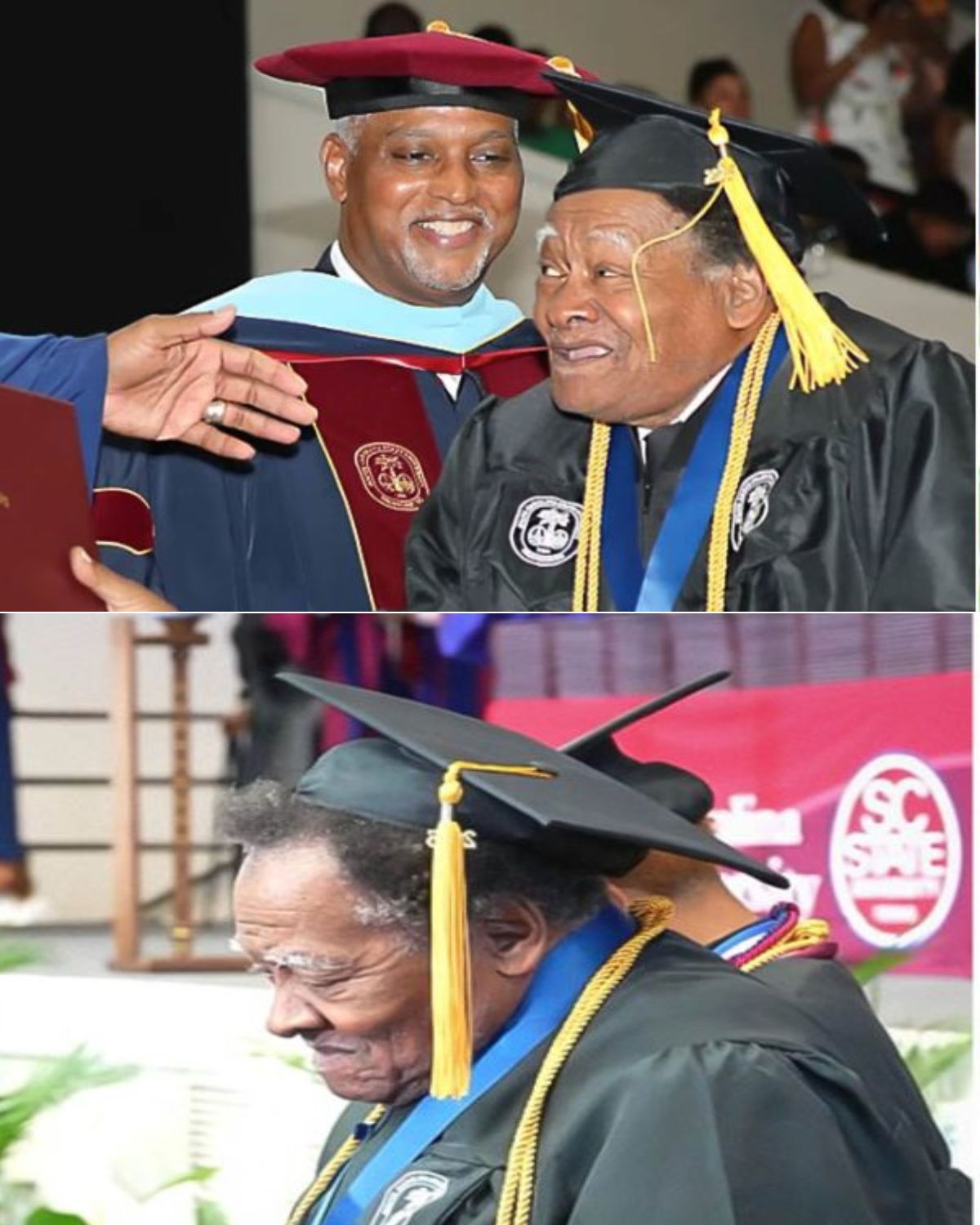Few could match the prestige of Lydia Ko in women’s golf. Ko, who first began playing at the tender age of five, has set numerous records since then, including being the youngest player to achieve the world No. 1 ranking in professional golf at just 17 and the youngest inductee into the LPGA Hall of Fame, among many others. However, for a golfer who feels “there’s more to life right now than when I was 15 or even 20,” the best will come when she picks up something she dropped along the way.

In 2014, the then 17-year-old Lydia Ko picked psychology at one of South Korea’s prestigious universities, Korea University, fascinated as she was “by social psychology, which centers around why people behave a particular way in a set environment.” However, a decade later, she has yet to receive the degree, busy as she was with creating history after history with three Olympic medals (and more) in her hands. But now, as she is getting closer to her self-proclaimed ‘retirement age’ (30), she would like to continue that old dream at Stanford.
Recently, Lydia Ko sat down for an interview on 5 Clubs with Gary Williams to discuss her career and more. However, when Williams asked if she had the chance to play college golf in the United States, an excited Ko couldn’t help but reply, “100% Stanford.” Williams shook his head in understanding. Ko continued, “I’m very fortunate enough to actually practice out a little bit and to kind of interact with the players, both men and women, and the coaches. It’s really awesome, and I kind of feel left out because that’s part of my career that I wasn’t able to experience. But I’m the most cardinal non-cardinal.”
When Lydia Ko started her journey at Korea University, she could only keep up with it for two and a half years. However, Ko, who wants to “expand my horizons because right now, all I really know and live for is golf. Having exposure to the outside world is important,” as mentioned before. In 2023, for instance, Ko discussed in an exclusive interview with Golfweek her plans to finish her psychology degree at Stanford.
Of course, the sacrifice came with a brilliant career in golf. At 28 years old, Lydia Ko has several LPGA major titles to her credit, including the Evian Championship, Chevron Championship, and AIG Women’s Open. However, Lydia Ko’s love for both the sport and psychology is related to her “identity,” so there’s always a desperation to do more. In one of her interviews early this month, she shared excitement about her future and the need to plan for life after retirement from professional golf. This reflects her understanding of the challenges that come with being an elite athlete and her awareness of the potential identity crisis that can occur after leaving the sport.
Her husband, however, has been just as integral in her understanding of herself. In her interview, Ko said, “Golf takes up a lot of time, and my identity is so connected to it. Jun has made me realize I am more than just the golfer Lydia Ko.” However, for a golfer who is now nearing her retirement age amidst the want of a career Grand Slam, how does Lydia Ko manage so much expectation and pressure?
How is Lydia Ko dealing with so much pressure?
Lydia Ko has been open about her mental health journey, particularly in the context of her golf career. During the CME Group Tour Championships in November, she discussed the challenges she has faced mentally and the importance of addressing these issues. Ko emphasized that her mental health is intertwined with her performance on the golf course, stating, “Unfortunately, how I perform on the golf course affects me off the course and vice versa.”
To navigate these challenges, Ko has collaborated with a mental coach for several years, and she credits this coach with helping her maintain clarity and focus. She highlighted the significance of having someone she trusts to talk to, which has played a crucial role in clearing negative thoughts and enhancing her overall well-being. This holistic approach acknowledges that mental health and athletic performance are deeply connected, as she noted, “We’re one human being with one brain. Everything kind of melds.”
Alongside her professional support, Ko has found solace in her personal life by adopting a puppy named Kai. Bringing Kai to tournaments provides her with companionship and serves as a reminder of the joys beyond golf. She shared that this bond helps her keep things in perspective. However, outside it, Ko “would like people to remember me for who I am off the golf course and how I compose myself on it.”





